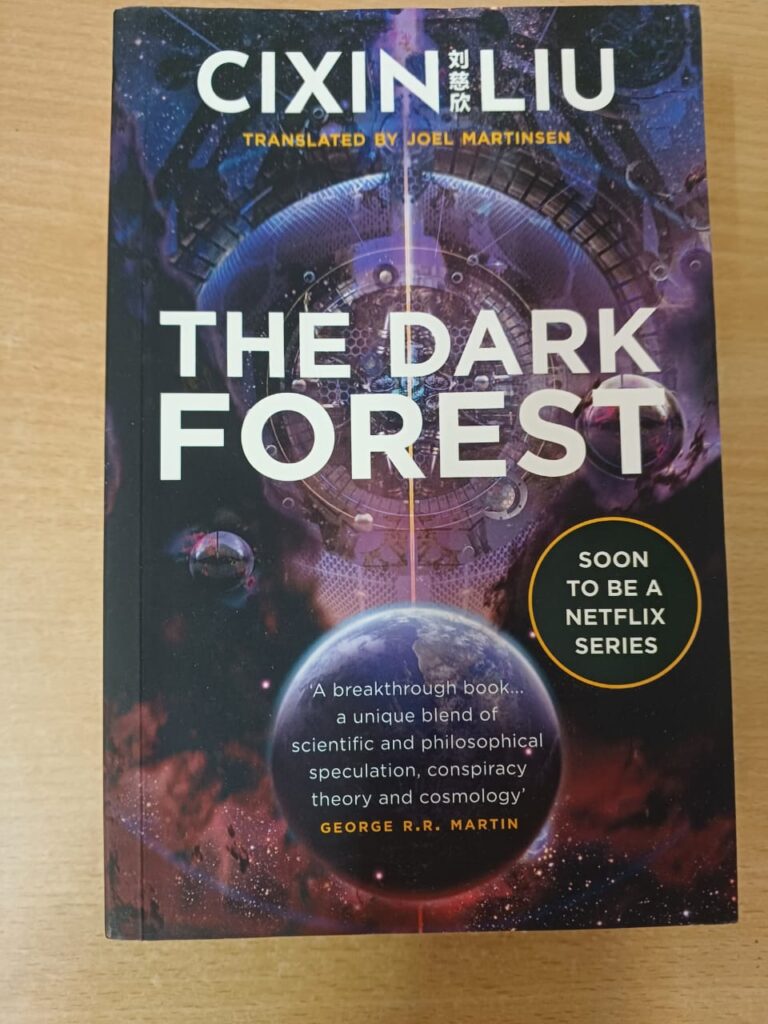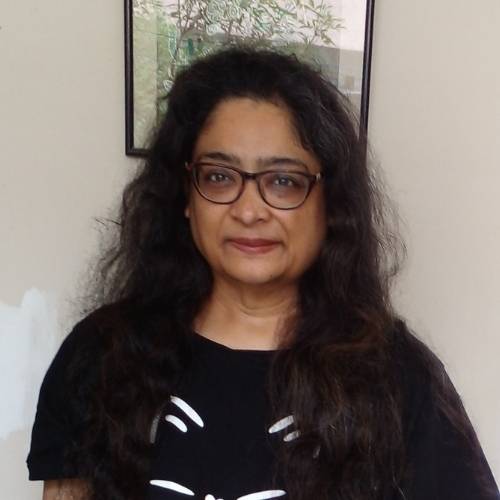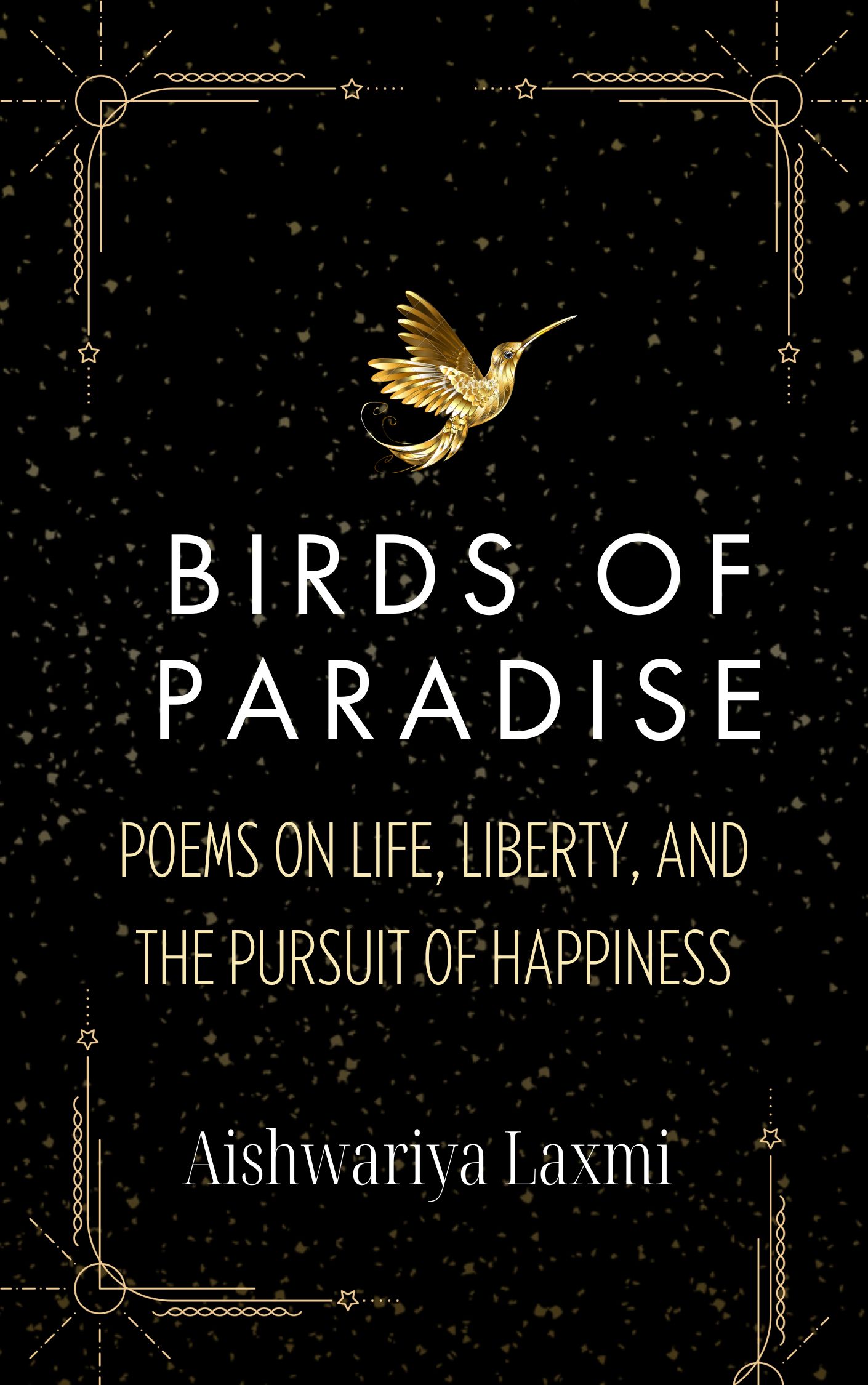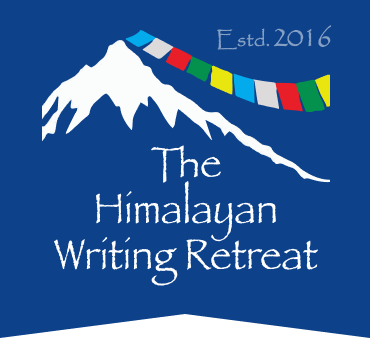Book Review By My Dad
The Dark Forest by Cixin Liu translated from the Chinese by Joel Martinsen, Head of Zeus Publications, 2015.
The Dark Forest is a 2008 science fiction book by the Chinese computer engineer and prolific writer, Cixin Liu, and it is the middle part of the Trilogy,’ Remembrance of Earth’s Past’, also known outside China as ‘The Three-Body Trilogy.’ It is categorized as ‘hard sci-fi’, which means that it is scientifically accurate and logical in its world-building. Anything that occurs in such stories is not outside the known physical laws of the universe.
This novel imagines a near future when the humans on Earth await an interstellar invasion from beyond our solar system. The Trisolarans have despatched a thousand warships to wipe out humankind and claim Earth as their own. The fleet is 4.21 light-years away from Earth and it will take 400 years to arrive here. In the meantime, the Trisolarans have placed an unbreakable quantum lock on human technological progress by putting proton-based supercomputers with recording and surveillance capabilities called ‘sophons’ into orbit around Earth. These disrupt fundamental scientific research on Earth and allow the Trisolarans to watch and communicate with Earth in real-time. Their message to humanity: “You are bugs”.
Humans have developed cryogenic hibernation technology to extend life into the future, but this suspended animation is useless in the face of extinction by the Trisolarans. One of the characters in the book develops the basic concepts of the new field of cosmic sociology, which is based on the primacy of survival and the constancy of ‘total matter’ in the universe. If the universe is already advanced with exponentially growing life, what resources will be left? The answer to this question is hiding in plain sight.

The nations of the earth respond to the Trisolaran threat initially with defiance, and then with despair and escapism. In democracies, escapism is an ethical dilemma. Who will be granted the privileges of survival and who will perish on Doomsday? The conflict between individual self-interest and social cooperation is one of the dominant themes, and it is pertinent to socialist governments. It is eventually linked in the book to the ‘Fermi Paradox’ which asks, ‘Where are the aliens if the universe is teeming with life?’
The Dark Forest spans two centuries of military preparedness with secrecy. Secrecy is only possible in the human mind, which is the only refuge from sophon surveillance. Luo Ji, who is an unknown quantity, easygoing, and inscrutable, is selected as one of the four “wallfacers” tasked with evolving a secret defense strategy. Each of the wallfacers is given command of enormous resources to formulate their plans in secret and with misdirection to avoid detection by the Trisolarans. They are opposed within Earth by ‘wallbreakers’.The ideas are woven into the plot subtly, especially the concept of the chains of suspicion and the axioms of cosmic sociology. Darkness serves as the backdrop of fleeting moments of light we call life, and as our civilization advances with depleting resources, we hope to find beauty and indeed, love, even as we dream that one day the dark forest teeming with predators will be bathed in sunlight.
My views
I generally find the middle of an epic story as its most interesting part, dealing as it does with rising expectations and a rapid descent to chaos after a peak is reached. So I chose ‘The Dark Forest’ in this Trilogy and was not disappointed. Its rigorous treatment of space warfare with profuse references to classical Chinese heroes and tactics makes it one of the modern classics in the genre. I found the numerous Chinese names rather overwhelming and would have been more comfortable with a diverse international cast, with some South Asians and Africans thrown in. Its technical pages about quantum theory, nanotechnology, astrophysics, and orbital mechanics are woven into ethical questions about the nature of good and evil and humanity’s place in the universe. So many concepts rarely come in a single novel.
Modern China’s breakneck pace of technological transformation and its current exploration of the solar system, even as it remains an upper-middle-income country, can feel surreal. By setting the story in the distant future with an aggressor far, far away, the burning issues of the present day can be presented by thinkers in an autocratic regime as an indirect reflection of society through the mirror of science fiction. The publisher is a U.K.-based independent firm founded in 2012. What this translation does to the original, we don’t know, nor can we know for sure how it will be received in China if it is translated back to Chinese, or if it had satirical content at all in the first place. But all the same, it is a book that is thought-provoking, which is a good read for the scientifically minded.











